Adjunctive medications
A supplementary, or adjunctive, medication is administered in conjunction with a patient’s ongoing antipsychotic therapy.
Click on the tabs below to access the information on adjunctive medications.
Image: ©aijiro – stock.adobe.com
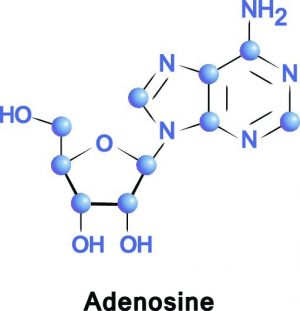
Adenosine modulators
What are adenosine modulators? Adenosine modulates dopamine and glutamine which are both implicated in schizophrenia’s pathophysiology; therefore adenosine modulators may be useful adjunctive treatments for schizophrenia. Allopurinol is used for the treatment of gout and hyperuricemia; it inhibits purine degradation and subsequently increases adenosine levels. Dipyridamole and propentofylline inhibit cellular reuptake of adenosine and increases extracellular adenosine concentration. What is the evidence for adenosine modulators? Moderate to low quality evidence suggests adjunctive adenosine modulators (particularly dipyridamole and propentofylline) may improve symptoms, particularly positive symptoms, in people with schizophrenia. September 2020
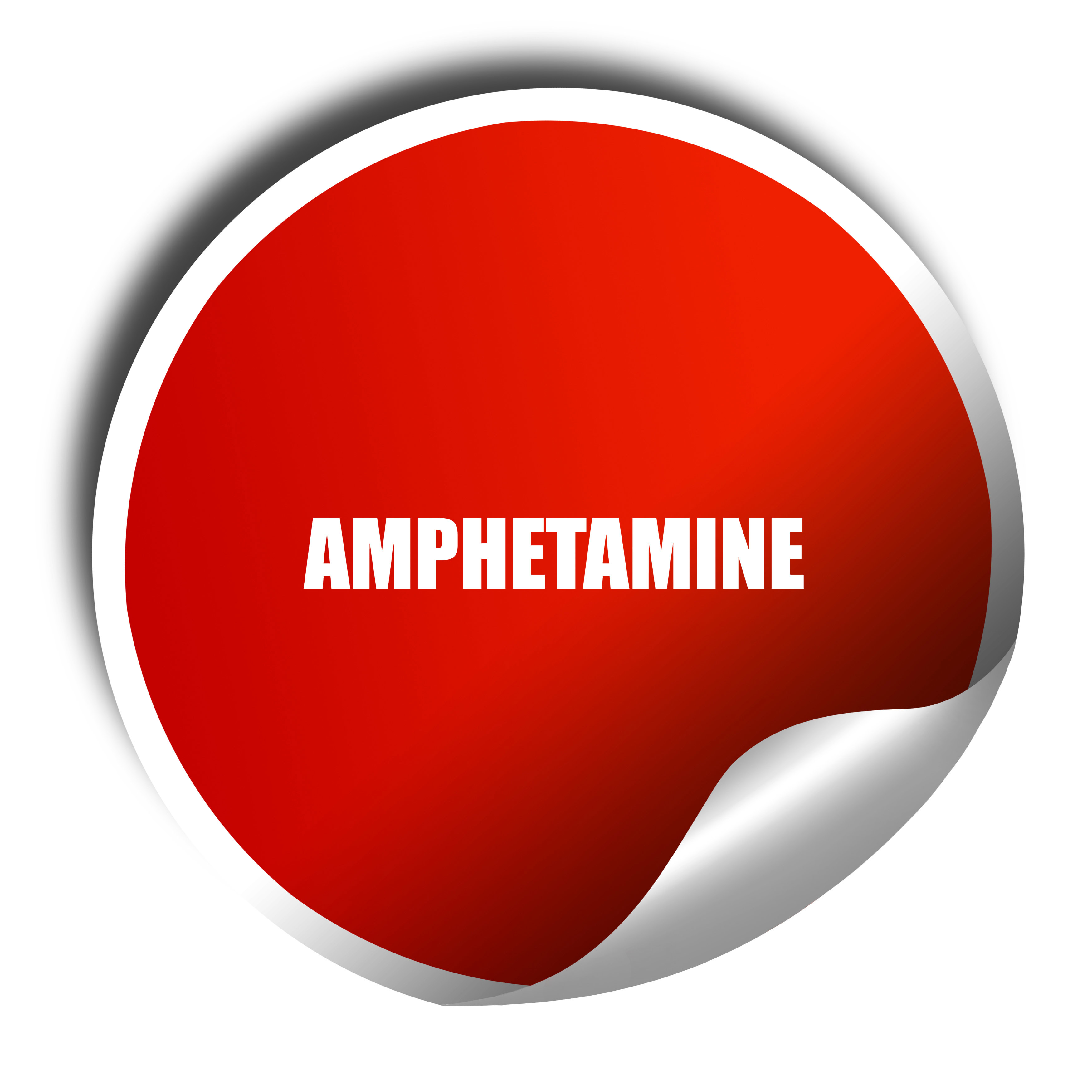
Amphetamines
What are amphetamines? Amphetamines are potent stimulants that are used to treat attention deficit hyperactivity disorder, narcolepsy, and obesity. Amphetamines may also be related to an increased risk, or worsening, of psychoic symptoms. Amphetamines are not suggested as an adjuctive treatment, but rather as an investigation into their effects on symptoms. What is the evidence for amphetamines? Moderate quality evidence suggests single-dose dexamfetamine or methylphenidate increases severity or frequency of positive symptoms, particularly in patients who are not in remission. Compared to placebo, moderate to low quality evidence finds no benefit for cognition. September 2020
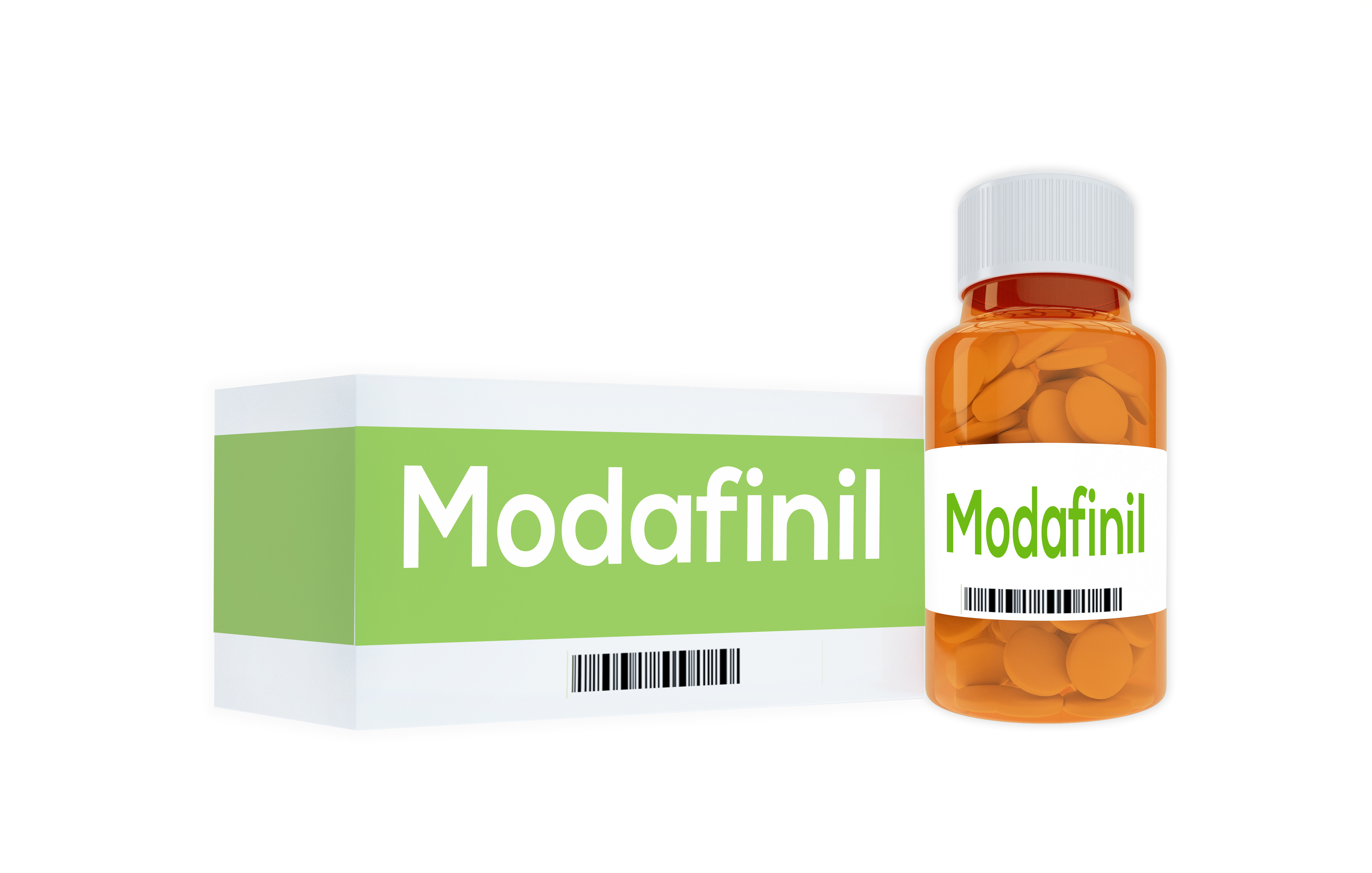
Analeptics
What are analeptics? A supplementary, or adjunctive, treatment is administered in conjunction with a patient’s ongoing antipsychotic therapy. Analeptics, such as modafinil, have been suggested as potential adjunctive treatments for schizophrenia. Modafinal is a wake-promoting drug (mechanisms of action unknown) which is thought to help with the sedation side-effects of antipsychotics. What is the evidence on adjunctive analeptics? Moderate to high quality evidence suggests adjunctive modafinil can improve negative symptoms, but not positive symptoms or cognition, with no more adverse effects than placebo. Lower quality evidence also finds no differences in global state, quality of life, hospitalisation rates, or study…

Anti-inflammatory
How are how are anti-inflammatory medications used for schizophrenia? Growing evidence suggests that inflammatory processes may contribute to the development of schizophrenia. This suggests a potential role for anti-inflammatory medications, such as non-steroidal agents (e.g., aspirin) which may be potentially useful therapeutic strategies, particularly in combination with ongoing antipsychotic medication. What is the evidence for anti-inflammatory medications? Compared to placebo, moderate to high quality evidence finds a large benefit of adjunctive N-acetylcysteine, and medium-sized benefits of adjunctive oestrogen and minocycline for improving overall symptoms. There was also a small benefit of adjunctive aspirin for symptom improvement. Moderate quality evidence finds…
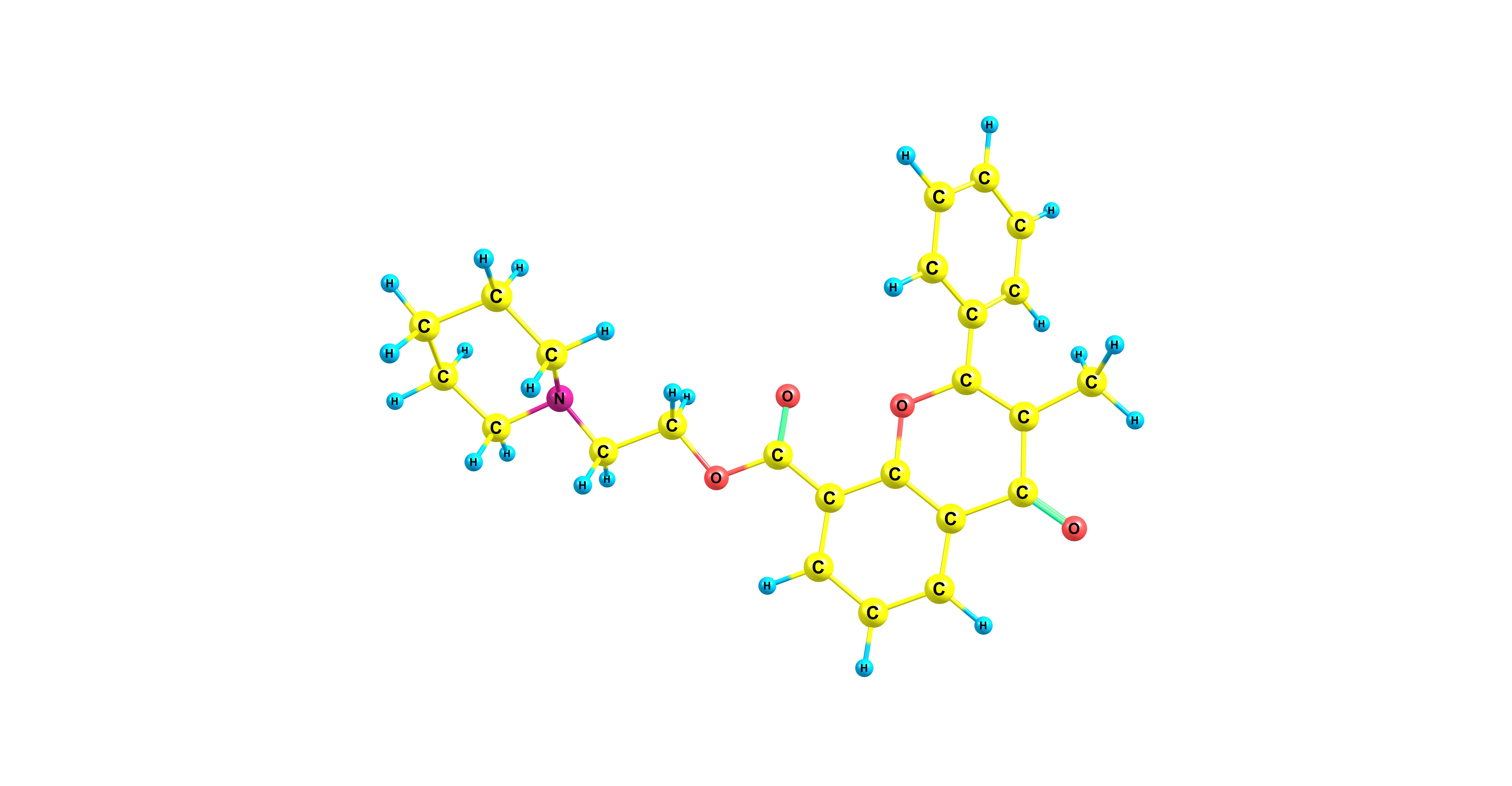
Anticholinergic
How are anticholinergic medications used for schizophrenia? Anticholinergics block the action of the neurotransmitter acetylcholine. Anticholinergic medications may have some utility for the treatment of side effects of antipsychotic medications, including movement disorders like akathisia (a type of restlessness, a common side effect of many neuroleptics), as well as excessive salivation. Adjunct medications prescribed to treat such side effects may contribute to increasing adherence to antipsychotic medications, and reduce the risk of psychotic relapse. What is the evidence for anticholinergic medications? Moderate quality evidence suggests small to medium-sized effects of greater improvement in hypersalivation with astemizole or propantheline over placebo,…
Anticonvulsants
What are anticonvulsants? Anticonvulsant medications influence the actions of neurotransmitters including glutamate and GABA, leading to a decrease in brain cell (neuron) excitability. They may be prescribed as an immediate adjunct to antipsychotic medication in order to treat acute symptoms of psychosis, such as aggressive behaviour. They may also be used as part of an ongoing treatment regime in order to supplement antipsychotic effects or combat side effects like movement disorders. Anticonvulsant medications assessed in this topic primarily include valproate, carbamazepine, and lamotrigine. What is the evidence for adjunctive anticonvulsants? Moderate to low quality evidence suggests a medium-sized effect of …
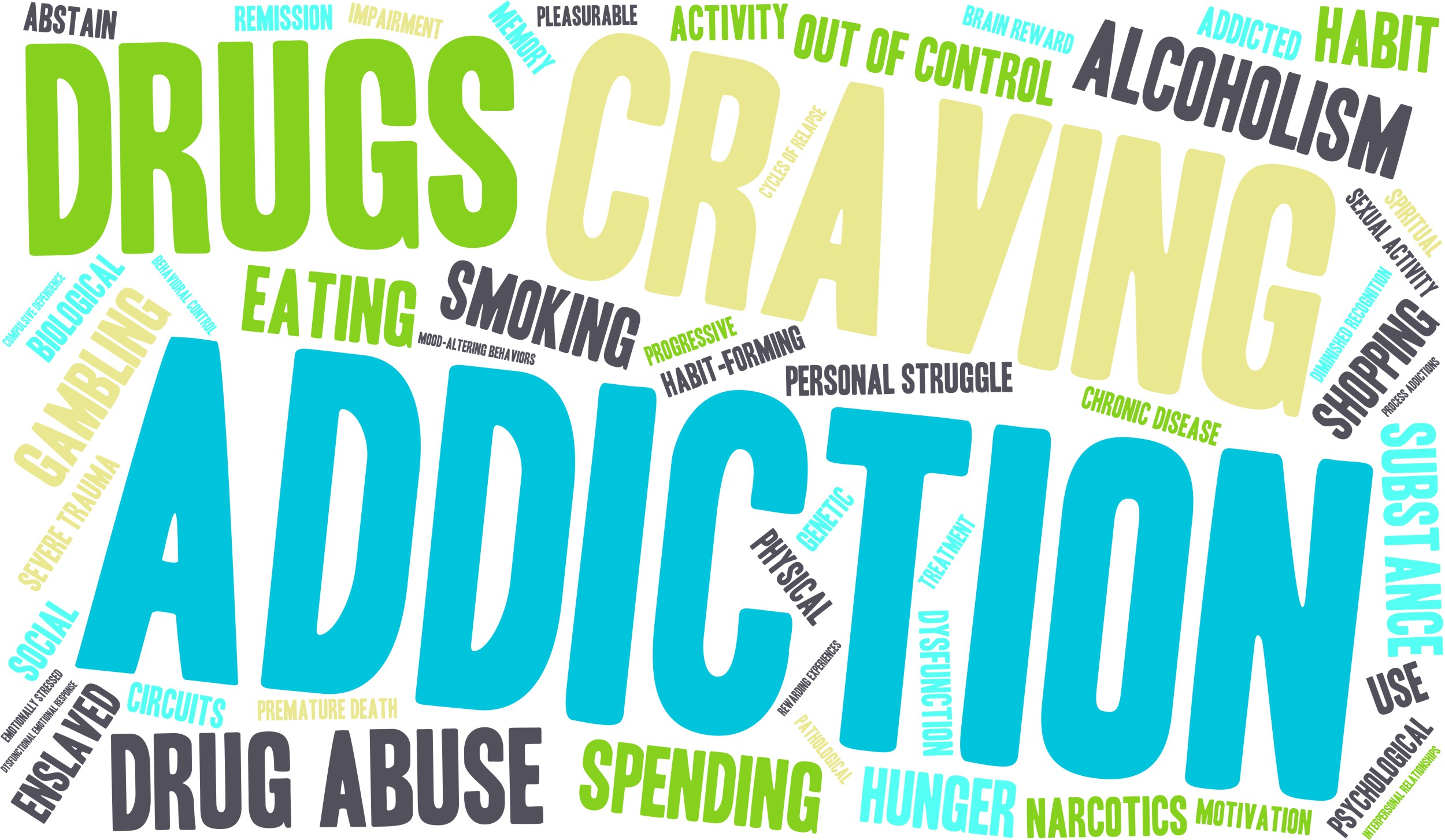
Anticraving agents
What are adjunctive anticraving medications? Anticraving medications includes naltrexone (an opioid receptor antagonist), which aims to reduce craving for and use of substances. What is the evidence for anticraving medications? Low quality evidence is unclear as to the benefit of anticraving agents such as naltrexone for improving substance dependence in people with schizophrenia. September 2020
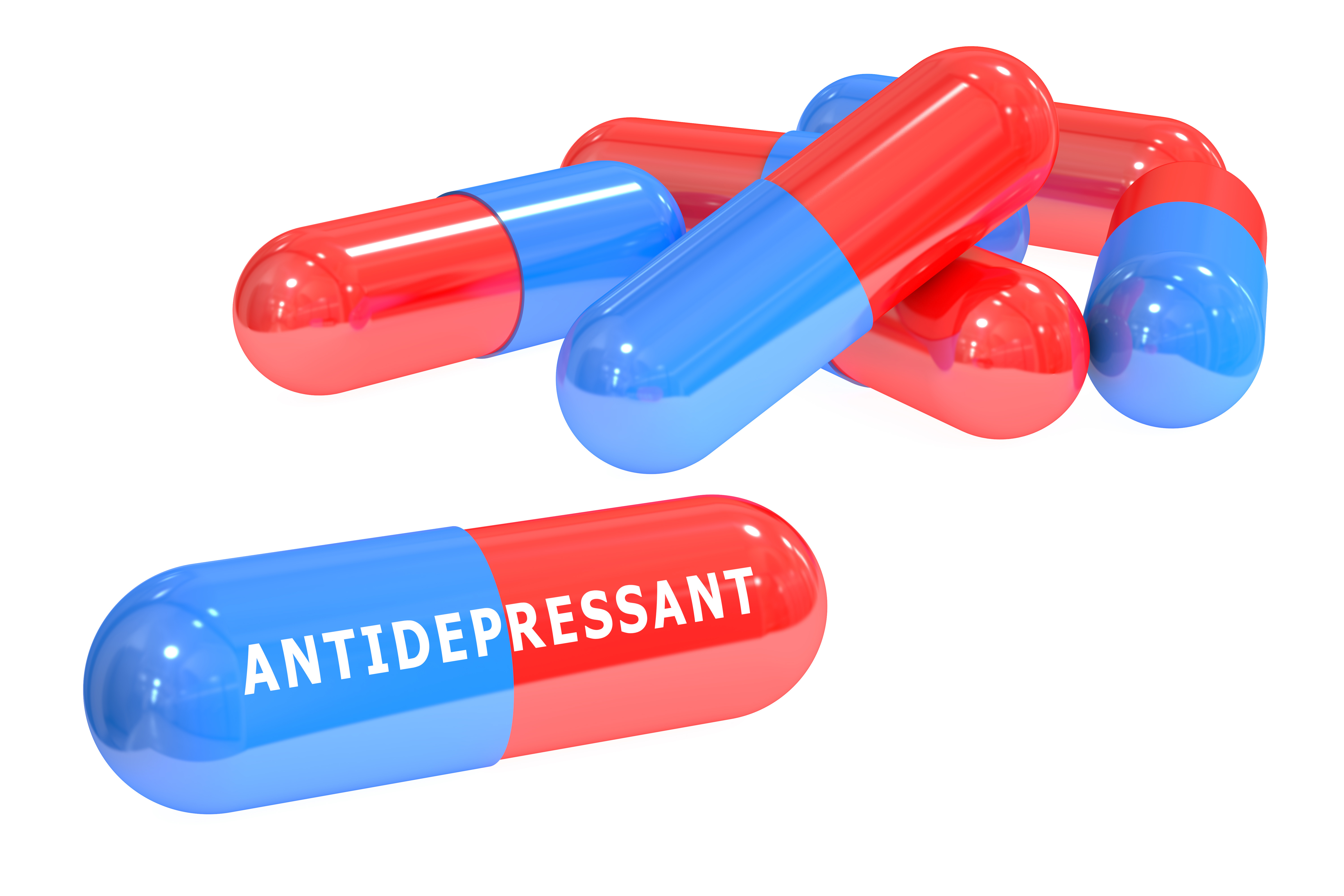
Antidepressants
How are antidepressants relevant to schizophrenia? A supplementary, or adjunctive, treatment is administered in conjunction with a patient’s ongoing antipsychotic therapy. Antidepressants have been proposed as an additional therapy to standard antipsychotic treatments, in an attempt to improve functional outcomes and treat symptoms that are not addressed by the antipsychotic medication alone. Antidepressant medications have been studied as treatments for the symptoms of schizophrenia, particularly negative symptoms, as well as for treating people with co-occurring schizophrenia and depression. What is the evidence for adjunctive antidepressants? Moderate quality evidence finds small effects of greater improvement in overall, negative, positive, and depressive…
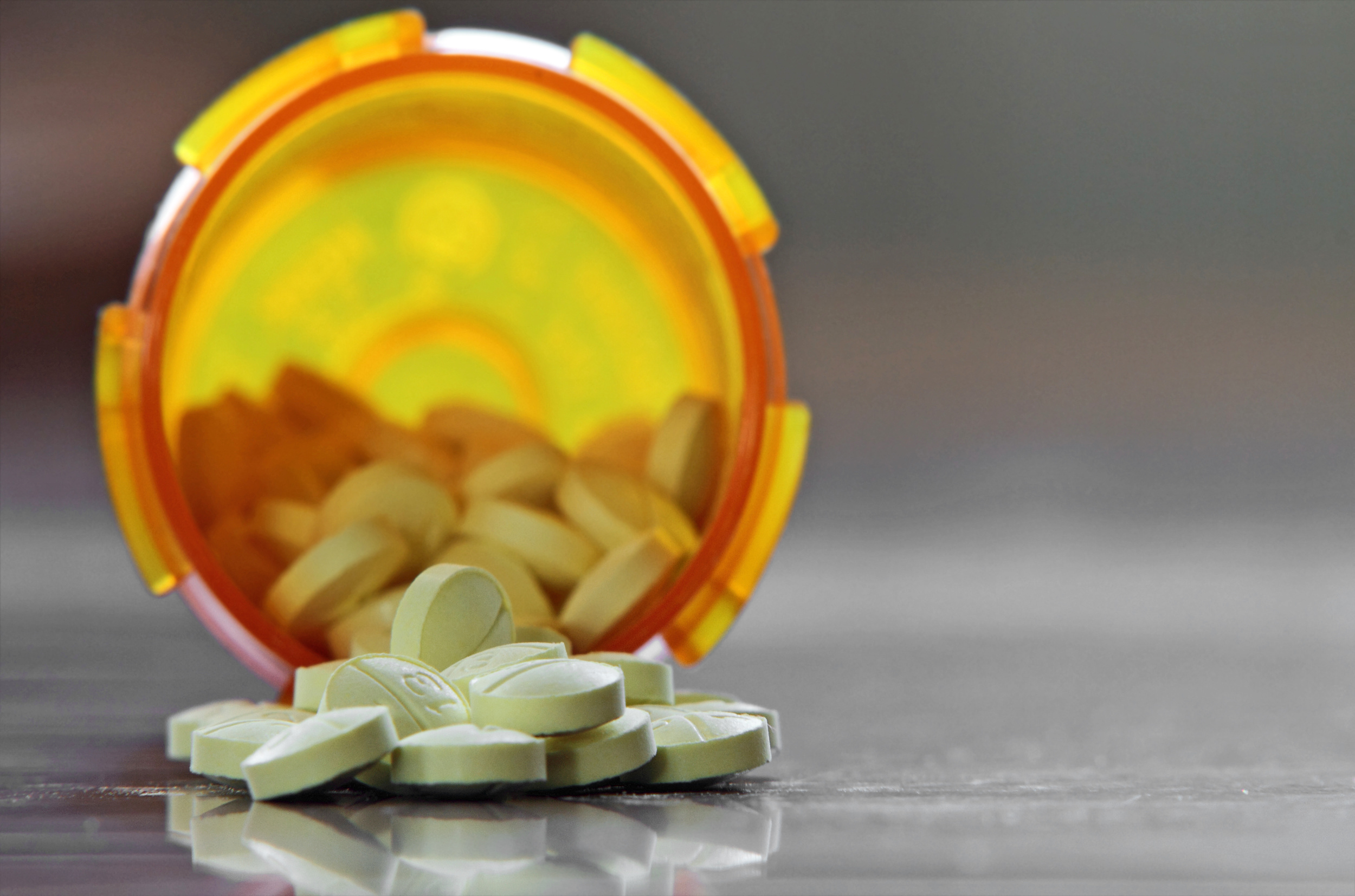
Benzodiazepines
What are benzodiazpines? Benzodiazepines may be implemented as an adjunct to antipsychotic medication in order to treat acute symptoms of psychosis such as agitation, aggression, irritability, or anxiety. They may also be used to treat side effects of antipsychotic medications such as movement disorders including tardive dyskinesia, however they are associated with their own side effects and are associated with well-established patterns of tolerance and dependence, so they are prescribed with caution. What is the evidence on benzodiazepines? Moderate to low quality evidence suggests no benefit of adjunctive benzodiazepines for improving agitation or excitation in the short term (up to…
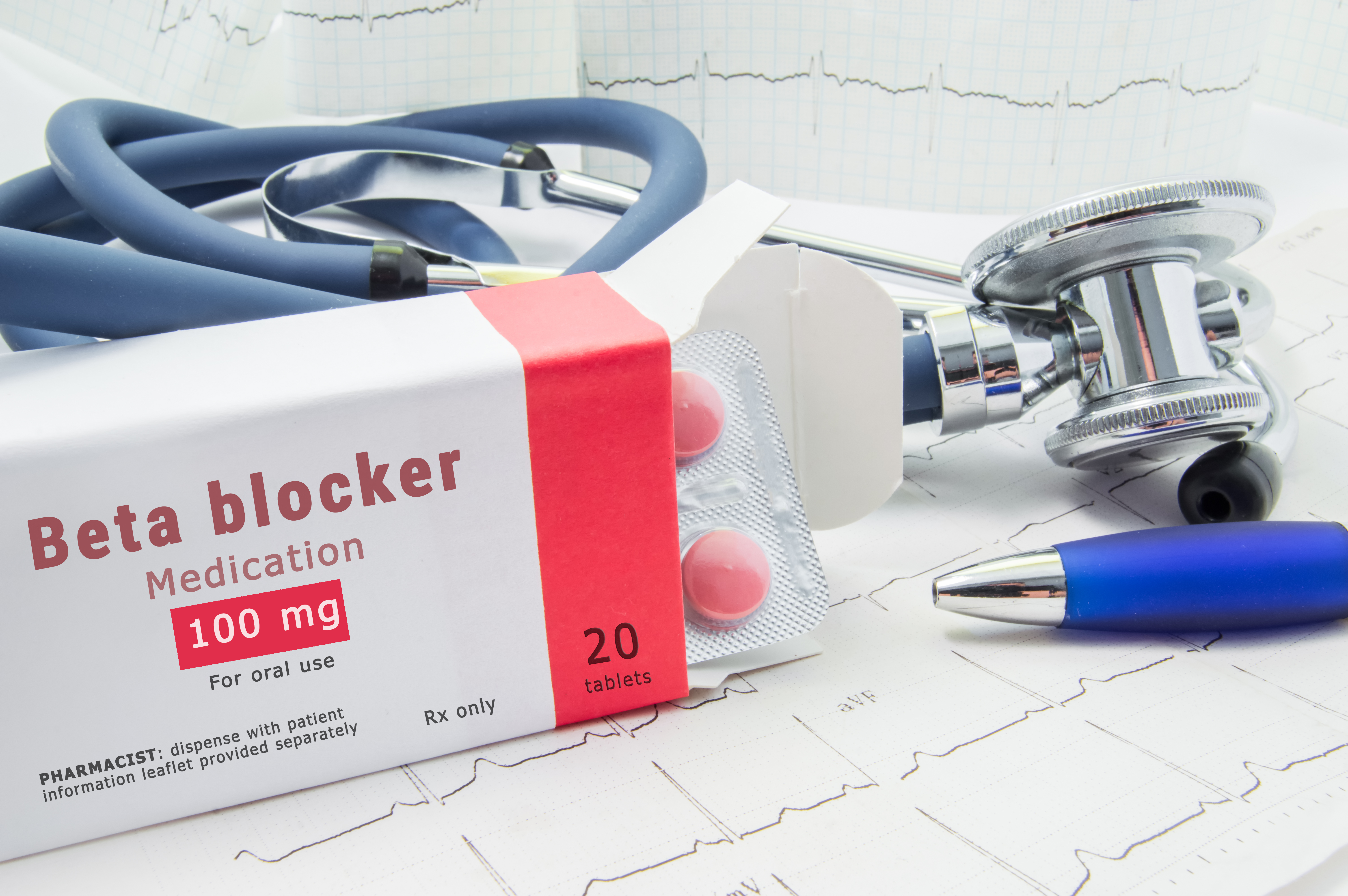
Beta blockers
What are beta blockers? Beta blockers can be prescribed in addition to standard antipsychotic regimes in order to target some side effects of these medications, including extrapyramidal symptoms such as akathisia (a type of restlessness, a common and early-onset side effect of many neuroleptics). Beta blockers are adrenergic beta receptor antagonists, inhibiting the action of neurotransmitters adrenaline/epinephrine and noradrenaline/norepinephrine on beta-receptors, ultimately influencing brain regions that control functions such as movement. Beta blockers have also been used to reduce the physical symptoms of anxiety in people with schizophrenia (for example, pounding heart, clammy hands, sweating), and have also been suggested…
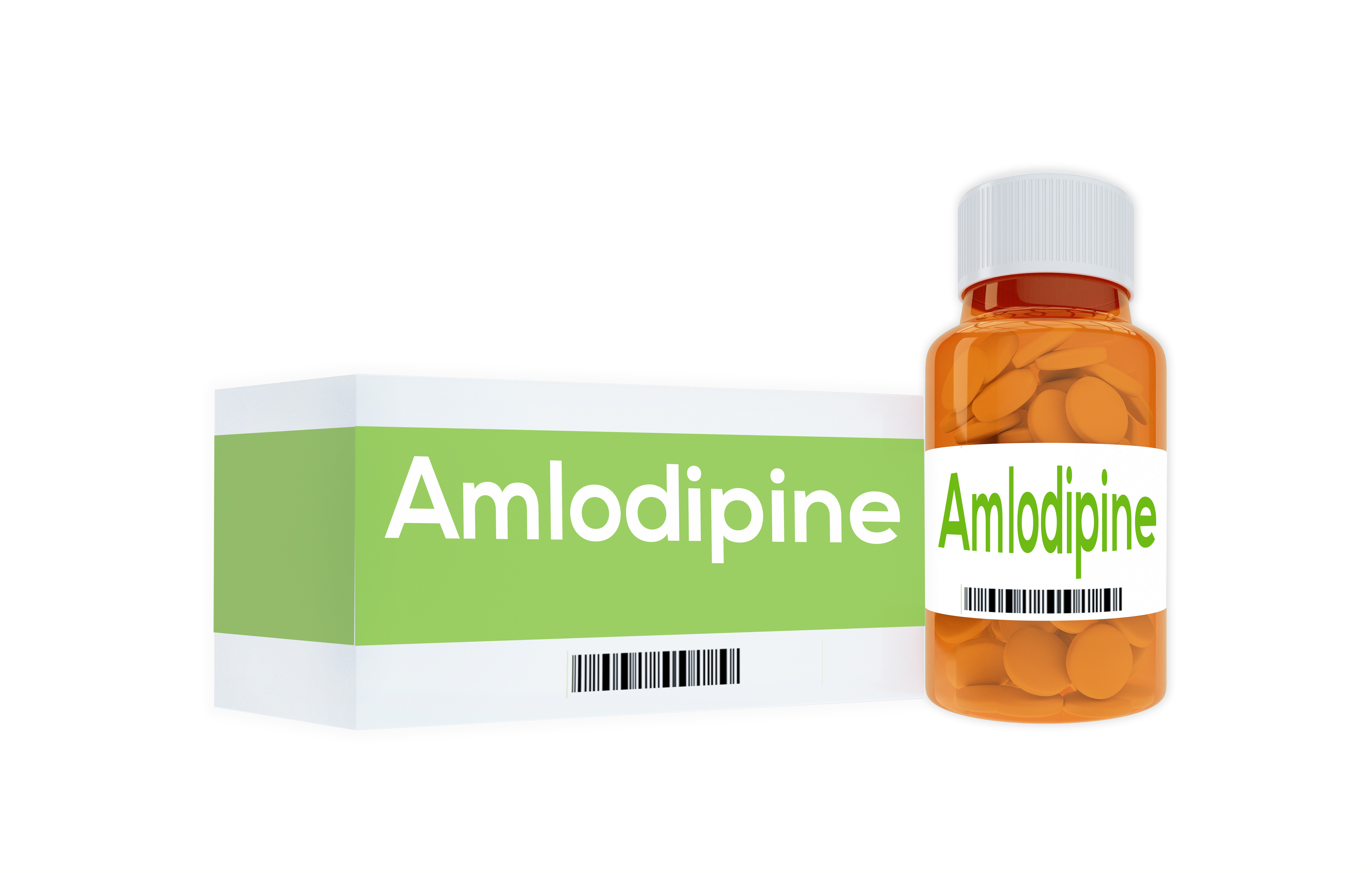
Calcium channel blockers
What are calcium channel blockers? A supplementary, or adjunctive, treatment is administered in conjunction with a patient’s ongoing antipsychotic therapy. Adjunct medications may be prescribed to treat side effects of ongoing antipsychotic medication, and may contribute to increasing adherence to antipsychotic medications and reduce the risk of psychotic relapse. Calcium channel blockers are one such example. However, calcium channel blockers are prescribed with extreme caution due to their potential for extreme side effects, and the dopamine-blocking actions that may interfere or interact with neuroleptic medications. What is the evidence for calcium channel blockers? Low quality evidence is unclear of the…
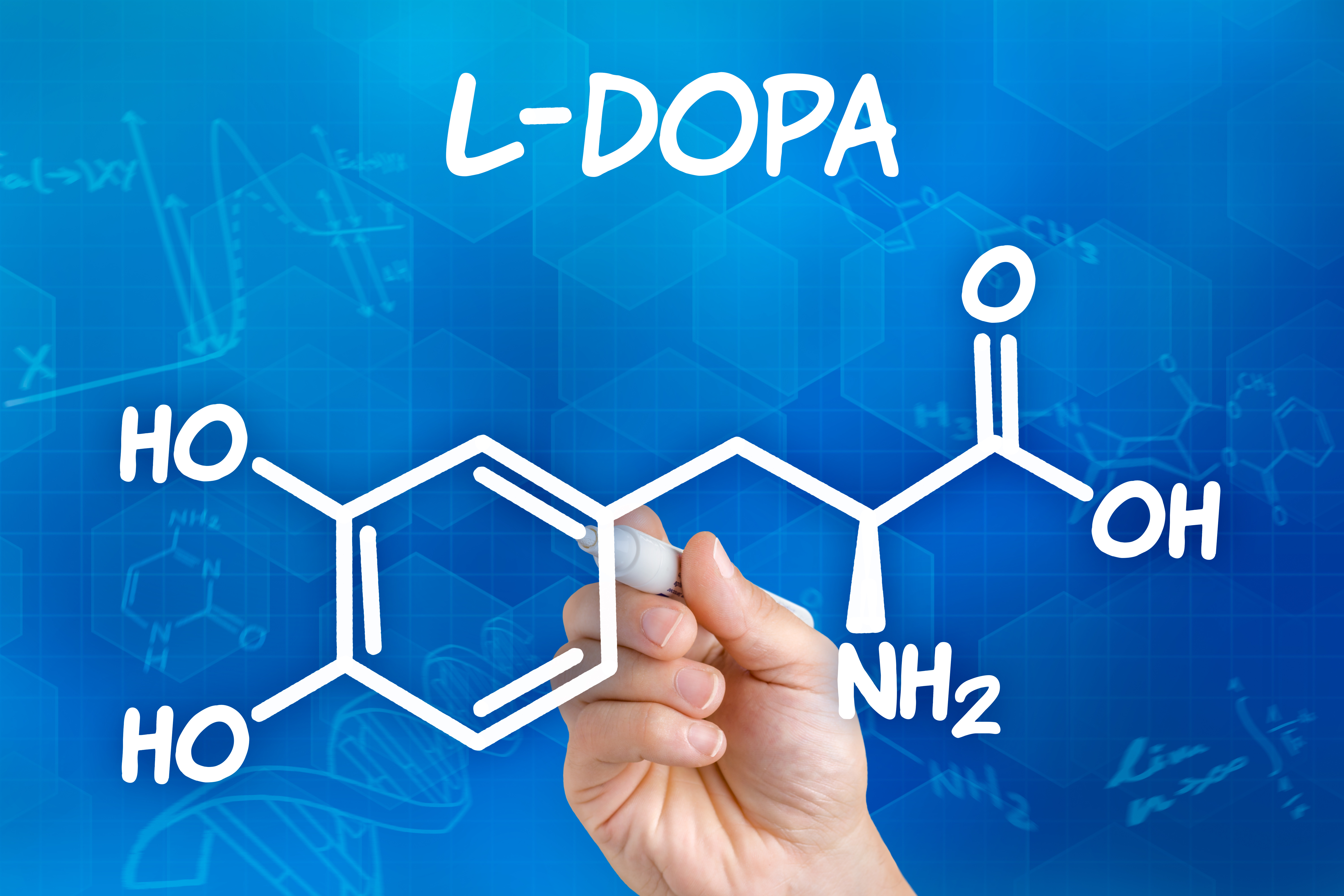
Catecholamines
What are catecholamines? Catecholamines are a group of neurotransmitters that includes dopamine and noradrenaline. The dopamine hypothesis of schizophrenia suggests that some symptoms of the illness may be caused by increased levels of dopamine in certain brain areas. To this end, most antipsychotic medications typically have dopamine-blocking actions. However, these medications do not treat all of the symptoms of schizophrenia, and it is thought that some of the remaining symptoms may be affected by the low levels of dopamine resulting from medication. Consequently, the effects of medications that increase dopamine levels, in addition to ongoing antipsychotic medications, have been investigated…
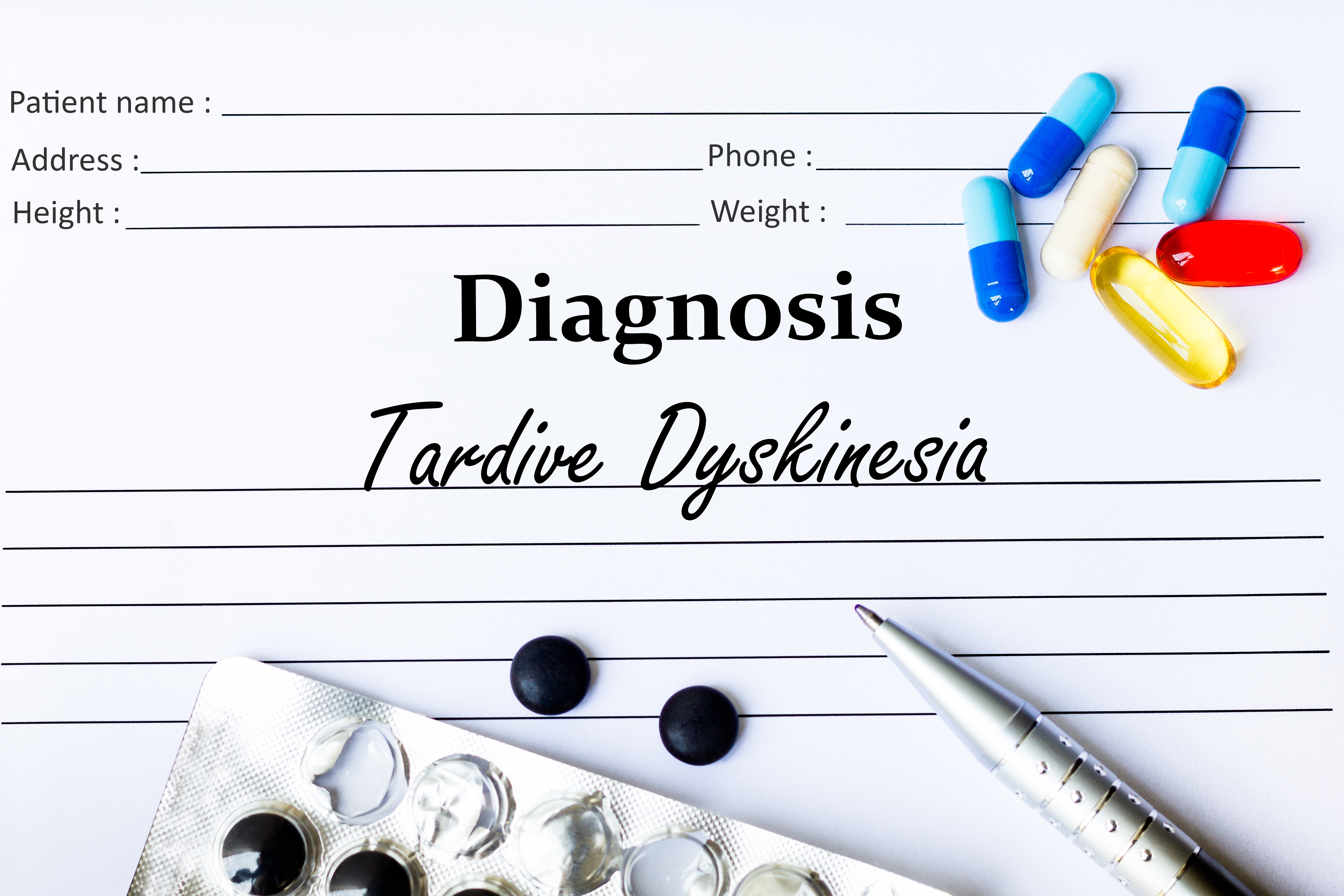
Cholinergic medications
What are cholinergic medications? Cholinergic medications have been prescribed for tardive dyskinesia, which is a common side effect of antipsychotics, involving repetitive, involuntary movements most commonly occurring around the mouth and face. The cause of tardive dyskinesia is largely unknown, however some theories proposing the cause implicates brain cells that utilise the acetylcholine neurotransmitter. Older cholinergic medications (such as those included in this summary) can have adverse effects themselves, while newer compounds have less severe side effects, but they have not yet been studied in relation to tardive dyskinesia. What is the evidence on cholinergic medications? Moderate to high quality…
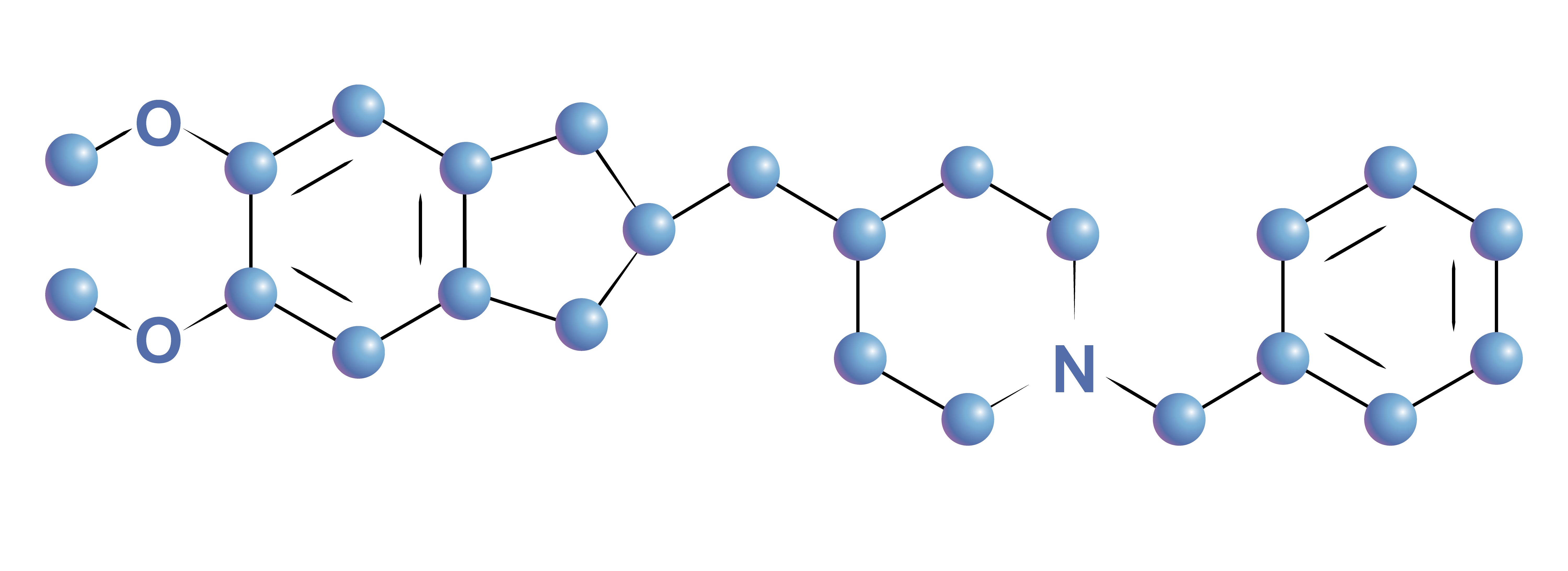
Cholinesterase inhibitors
What are cholinesterase inhibitors? Cholinesterase inhibitors (ChEI), or anticholinesterase, have been proposed as an additional therapy to standard antipsychotic treatments in an attempt to improve functional outcomes and treat symptoms that are not addressed by the antipsychotic medication alone. Cholinesterase inhibitors work by blocking the cholinesterase enzymes that break down acetylcholine neurotransmitters (ACh), increasing neurotransmitter action. Their action is in contrast to anticholinergic medications, which have an opposite effect, and block the action of cholinergic neurotransmitters on their receptors. There are two key forms of cholinesterase enzymes, acetyl cholinesterase (AChE) and butyryl cholinesterase (BChE). There are several different cholinesterase inhibitor…
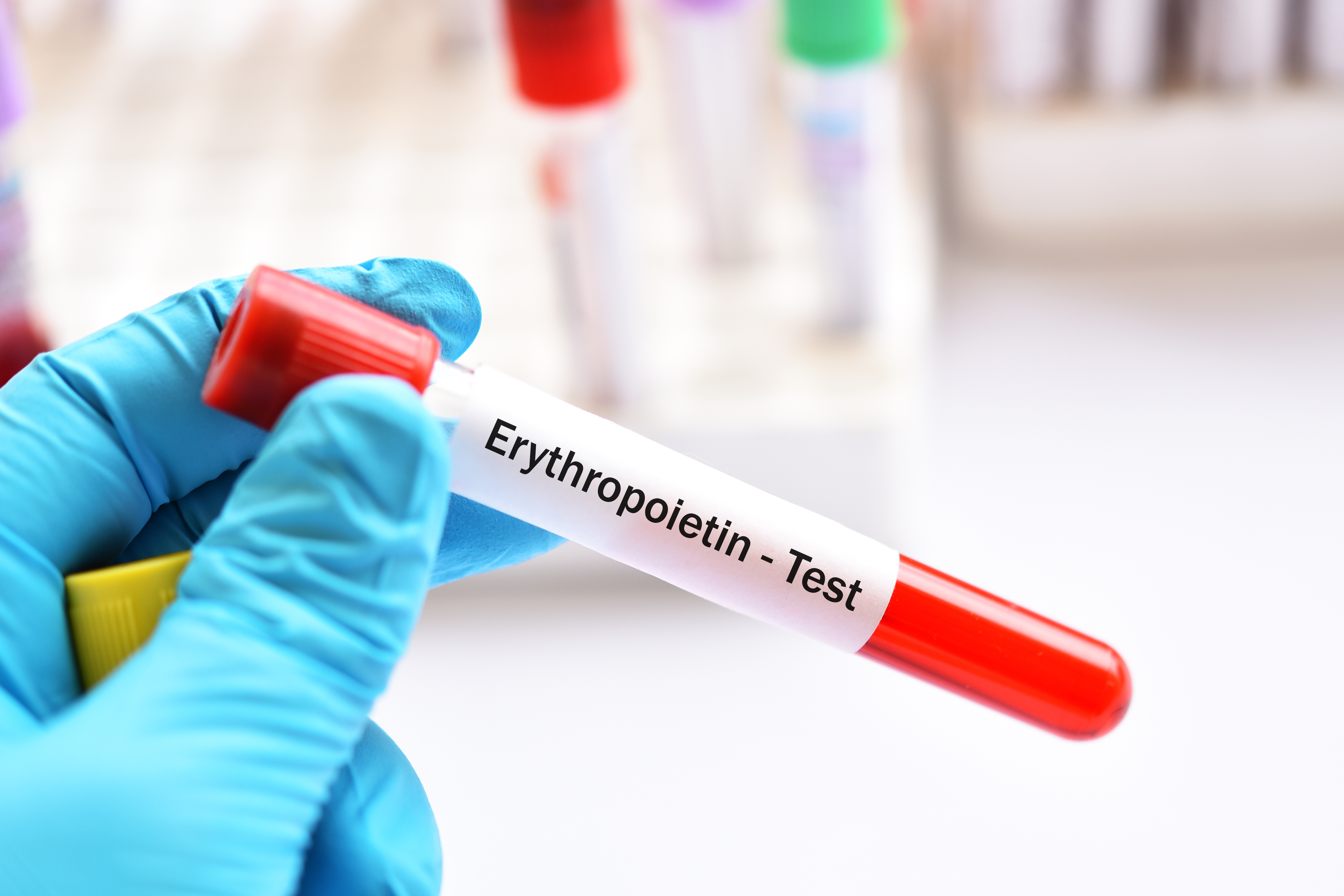
Erythropoietin
We have not found any systematic reviews on this topic that meet the Schizophrenia Library’s inclusion criteria. Pending enough primary studies, we invite reviews on this topic to be conducted. Alternatively, we will endeavour to conduct our own review to fill this gap in the Library. September 2020

Essential fatty acids
How are essential fatty acids used for schizophrenia? A supplementary, or adjunctive, treatment is administered in conjunction with a patient’s ongoing antipsychotic therapy, in an attempt to treat symptoms or improve functions that are not addressed by the antipsychotic alone. One important group of compounds that have been suggested as an adjunctive therapy are the essential fatty acids (EFAs). The two main EFAs are omega-3 and omega-6. They are important compounds for brain function, as they have impact on membrane receptors, ion channels synapse function, and neuronal development. However, they are not made in the body and must be sourced…

Estrogen
What is estrogen (or ‘oestrogen’)? Estrogen is a hormone that has been proposed to confer a protective effect for schizophrenia. This theory is based on the observations that women tend to have a later age of onset of schizophrenia than men, and have a second peak of onset after menopause. In women, estrogen levels drop with age, particularly with the onset of menopause. This protective effect may mean that pre-menopausal women who develop schizophrenia may experience a less severe illness than males. Estrogen is not used routinely by people with schizophrenia, however some studies have trialed the use of estrogen…
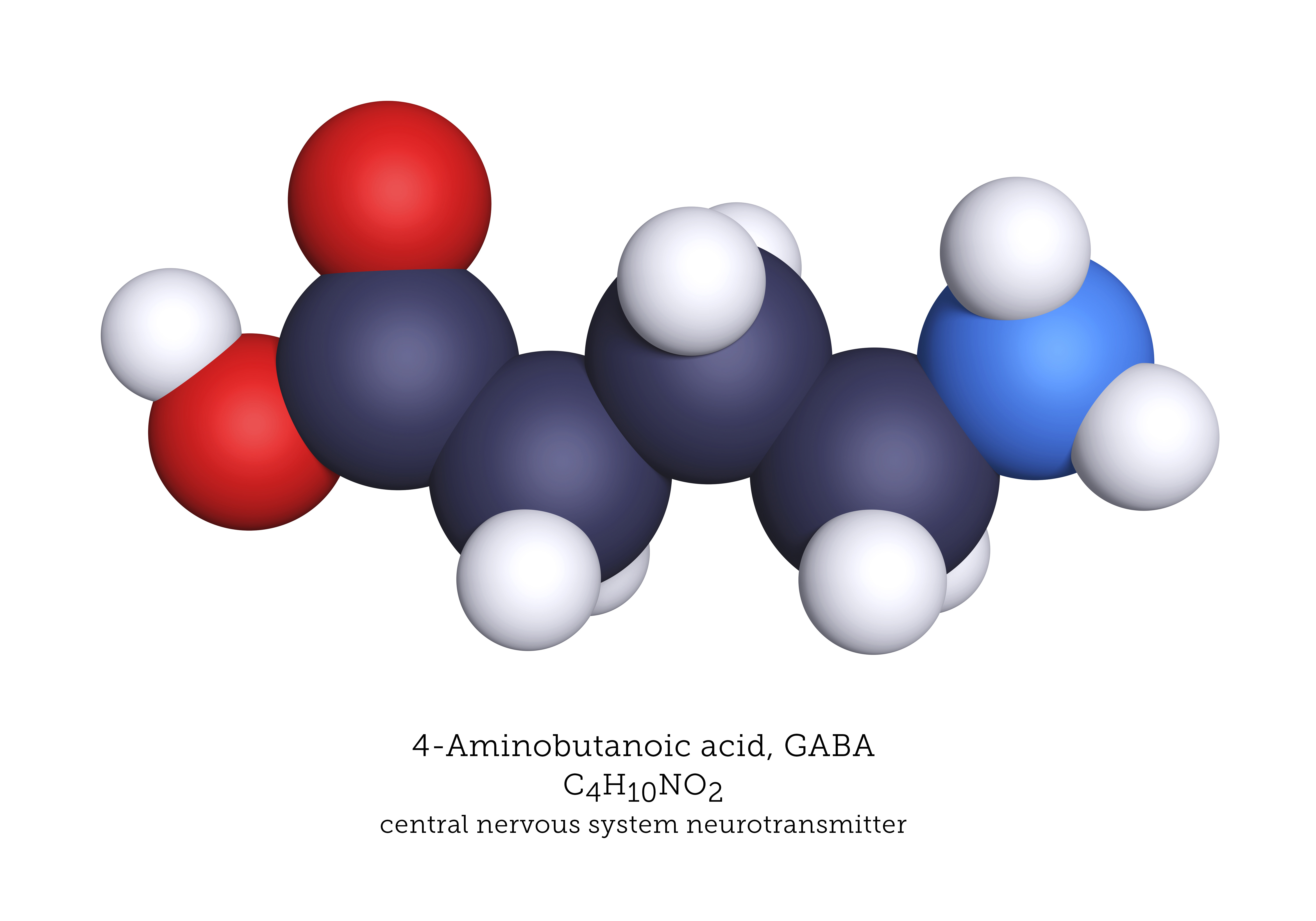
GABA agonists
What are GABA-acting medications? GABA (gamma-aminobutyric acid) is a common neurotransmitter in the brain, and GABA-ergic neurons are thought to interact with antipsychotic medications, contributing to side effects such as tardive dyskinesia. GABA-acting medications, such as baclofen, progabide, or sodium valproate, may contribute to increasing the activity of GABA neurons, potentially leading to reduced medication side effects. Adjunct medications prescribed to treat side effects of antipsychotic medication may contribute to increasing adherence to these medications, and reduce the risk of psychotic relapse. What is the evidence for GABA-acting medications? Moderate quality evidence suggests a small benefit of GABA-acting agents for…

GHB
We have not found any systematic reviews on this topic that meet our inclusion criteria to date. Pending enough primary studies, we invite reviews on this topic to be conducted. Alternatively we will endeavour to conduct our own review to fill this gap in the Library. September 2020

Glutamate receptor modulators
What are glutamate modulators? Antipsychotic medications predominantly target the dopamine neurotransmitter system, with some efficacy for alleviating the positive symptoms of schizophrenia. However, the persistence of negative and cognitive symptoms suggests that other mechanisms are also likely to be involved. The glutamate hypothesis of schizophrenia proposes that reduction of glutamatergic N-methyl-D-aspartate (NMDA) receptor function represents a primary neuropathology in schizophrenia. Therefore, glutamate receptor modulators have been suggested as an adjunctive therapy to standard antipsychotic treatments, when individuals have sub-optimal responses to treatment. The glutamate receptor modulators that have been trialed in schizophrenia are predominantly amino acids, and act on several…

Herbal medicines
What are herbal medicines? Herbal treatments can include traditional Chinese medicines, as well as more common herbal medicines such as gingko biloba or folate. Herbal treatments have been suggested as an adjunctive therapy, which is a supplementary treatment administered in conjunction with a patient’s ongoing medications in an attempt to treat symptoms or improve functions that are not addressed by these medications alone. What is the evidence for adjunctive herbal medicines? High quality evidence shows adjunctive ginkgo biloba can improve symptoms, particularly when combined with chlorpromazine or haloperidol. Moderate to high quality evidence suggests adjunctive ginkgo biloba may specifically be…
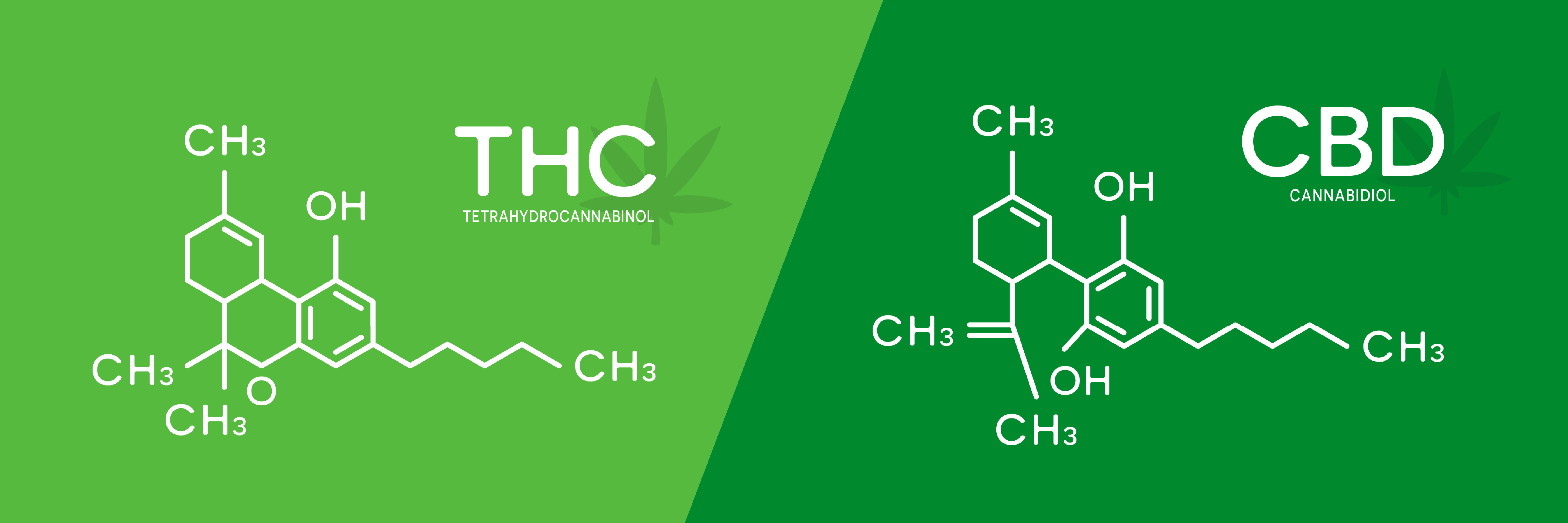
Medicinal cannabis
What is medicinal cannabis for schizophrenia? Countries are increasingly allowing cannabinoids (tetrahydrocannabinol [THC] and cannabidiol [CBD]) to be made available for medicinal purposes, including for the treatment of mental disorders. Medicinal cannabis refers to any part of the cannabis plant, such as flowers, buds, leaves, or full plant extracts. Pharmaceutical cannabinoids refer to pharmaceutical-grade medicinal extracts with defined and standardised THC, CBD, or a combination of both, and synthetic cannabinoid derivatives. What is the evidence for cannabinoids for schizophrenia? Moderate to low quality evidence finds no improvement in overall and positive symptoms with adjunctive CBD or THC compared to placebo….
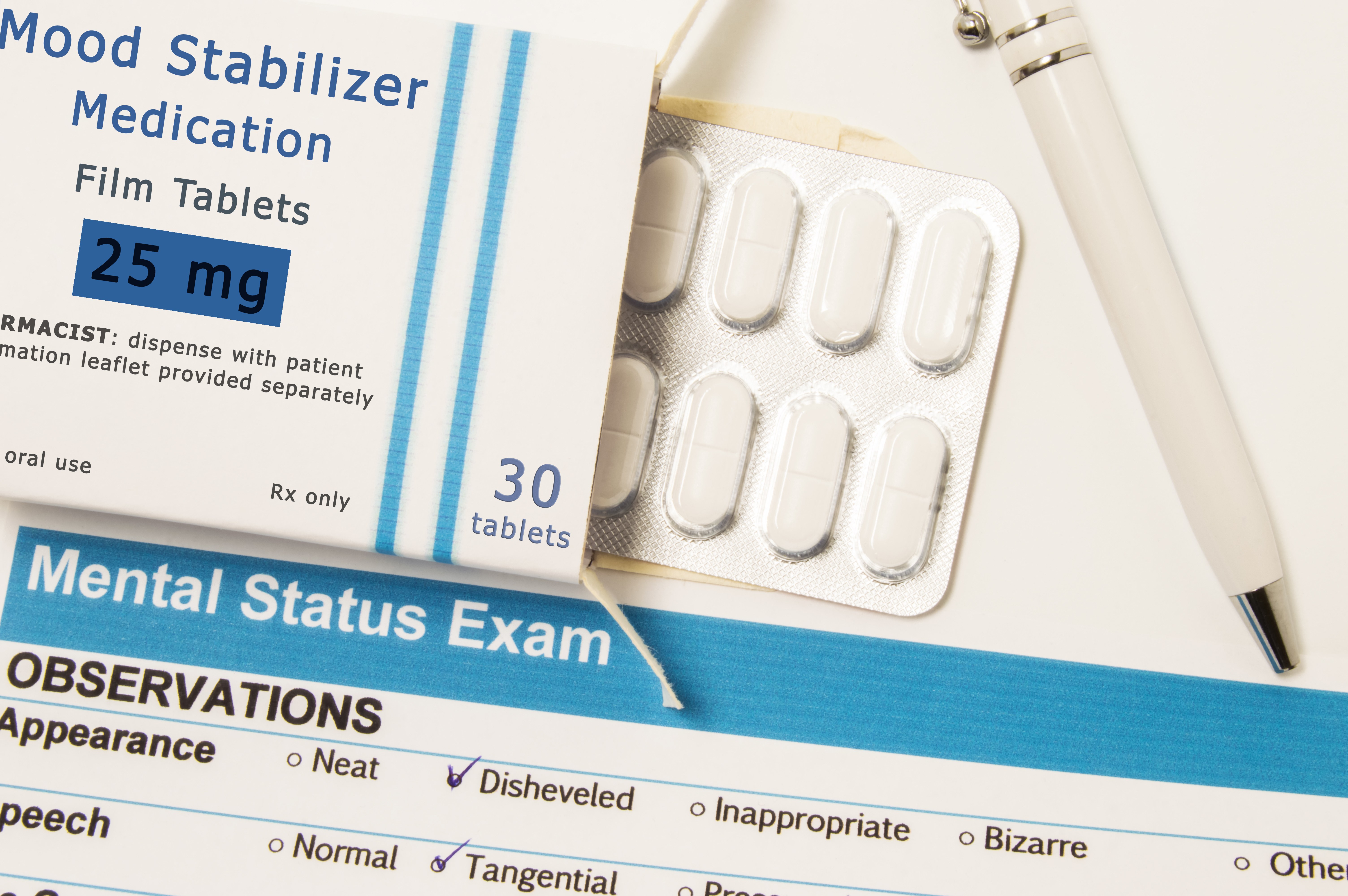
Mood stabilisers
What are mood stabilisers? Mood stabilisers, including lithium and anticonvulsants have been proposed as an adjunctive therapy to standard antipsychotic treatments when individuals have sub-optimal responses to treatment. Mood stabilisers may be implemented as an immediate therapy for acute symptoms of psychosis, but they may also be used as part of an ongoing treatment regime. Mood stabiliser medications assessed in this topic include lithium as well as anticonvulsant medications (valproate, carbamazepine, and lamotrigine). What is the evidence for mood stabilisers? Moderate to high quality evidence finds a small effect of adjunctive lithium for improving overall symptoms. Moderate quality evidence finds…
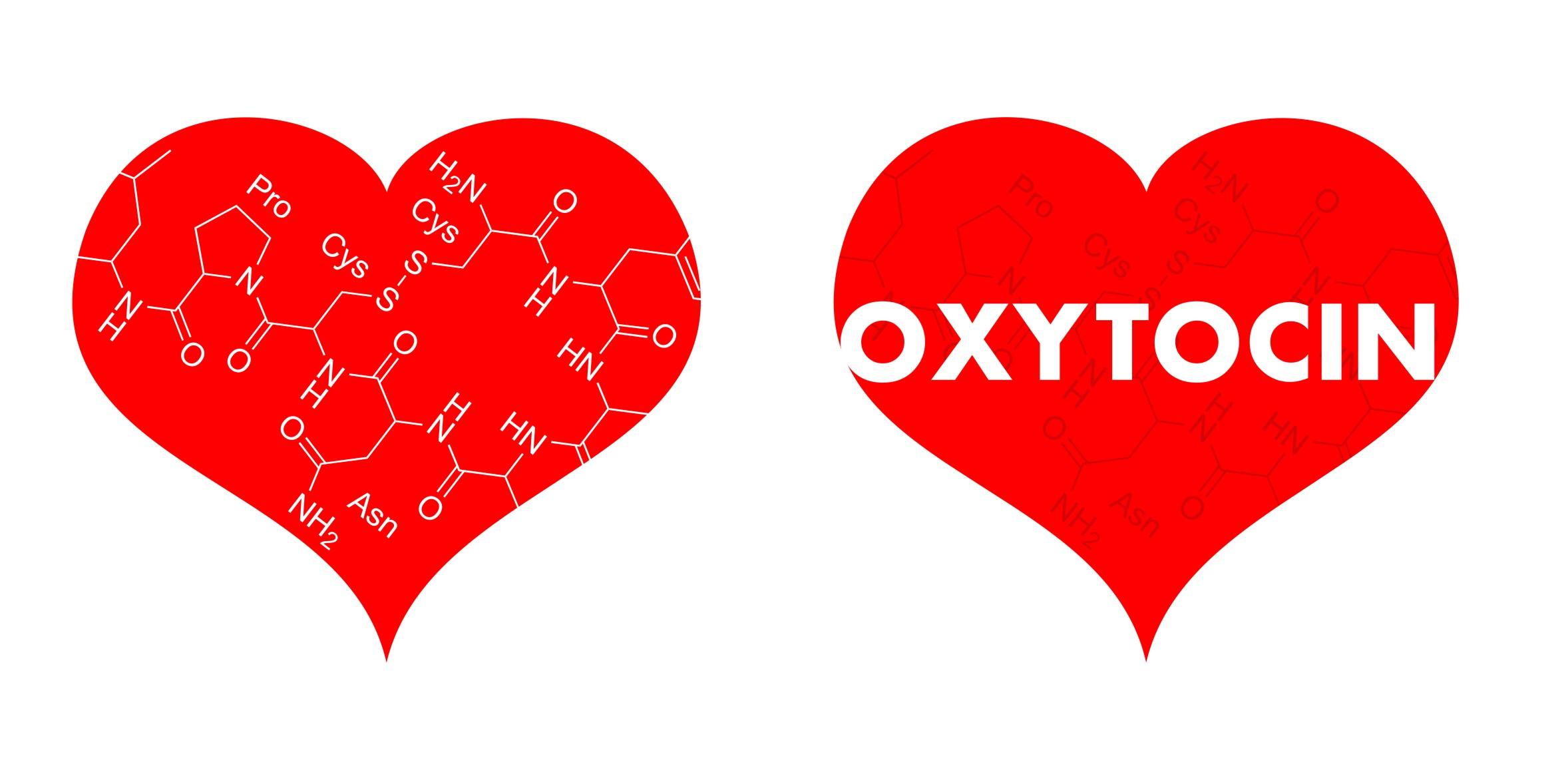
Oxytocin
What is oxytocin? Oxytocin is a neuromodulatory neuropeptide that is important for the correct processing of emotional stimuli in a social context. It has been proposed that difficulties in social cognition in schiozphrenia and other disorders such as autism, are underpinned by disruption in the dopaminergic/oxytonergic circuitry linked to socio-emotional processing. Oxytocin has been linked to prosocial behaviours in some studies, but not in others. So, oxytocin effects may be moderated by features of the social environment or individual differences. What is the evidence for the efficacy of adjunctive oxytocin? Moderate quality evidence suggests no benefit of adjunctive oxytocin for…

Promethazine
What is promethazine? Promethazine medications are a type of sedative, in the class of antihistamine drugs. One widely known commercial promethazine is Phenergan. They work on the central nervous system, resulting in a decrease in brain cell activity. Promethazine has been used in combination with antipsychotics in situations where benzodiazepines may not be used in order to evoke sedative effects. What is the evidence for promethazine? Moderate quality evidence suggests no benefits of adjunctive promethazine over adjunctive benzodiazepines for aggression, restraint, or a need for additional medication in people with acute psychosis. There were also no benefits for service use,…

Serotonin modulators
What are serotonin modulators? Serotonin is a neurotransmitter. Atypical antipsychotics are thought to have some affinity for serotonin 5-HT receptors, for example clozapine, quetiapine, and olanzapine, among others. This suggests a potential for the use of serotonin-specific medications in the treatment of schizophrenia. What is the evidence for adjunctive serotonin modulators? Moderate to low quality evidence finds a large effect of greater improvement in overall symptoms with adjunctive buspirone compared to placebo, with no differences in adverse effects apart from fewer extrapyramidal symptoms with buspirone. There were no significant effectsof buspirone in the subgroup analyses of positive, negative and general…
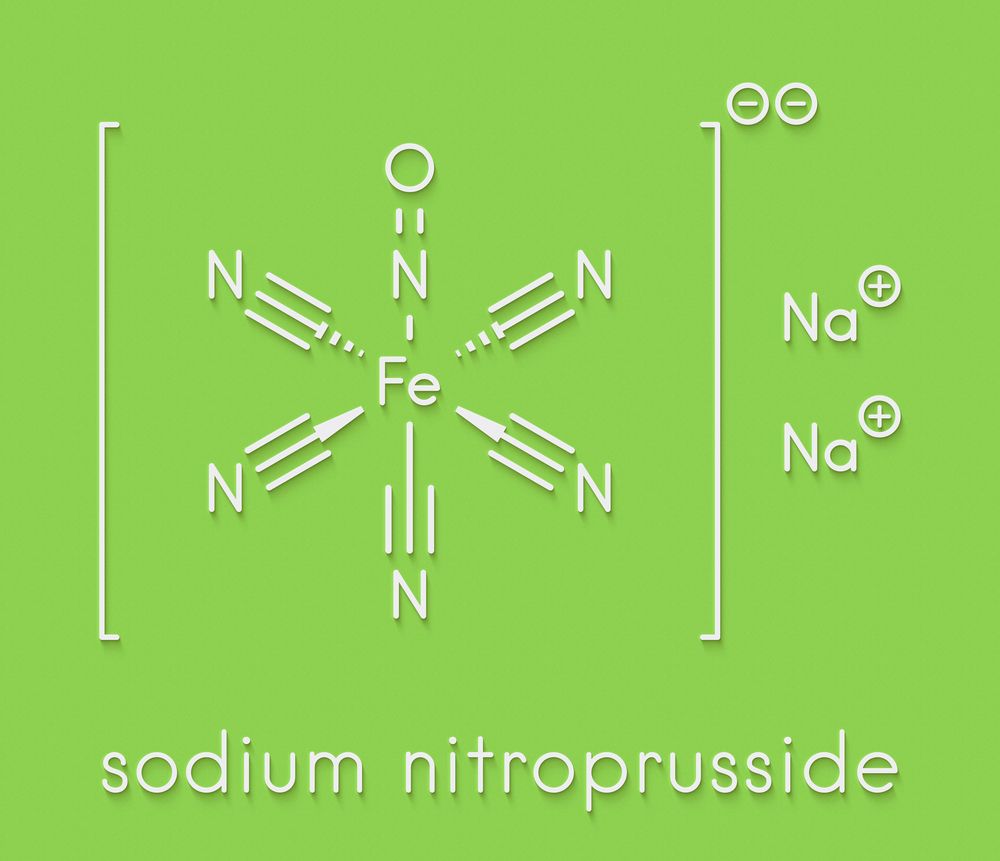
Sodium nitroprusside
We have not found any systematic reviews on this topic that meet our inclusion criteria to date. Pending enough primary studies, we invite reviews on this topic to be conducted. Alternatively we will endeavour to conduct our own review to fill this gap in the Library. October 2020
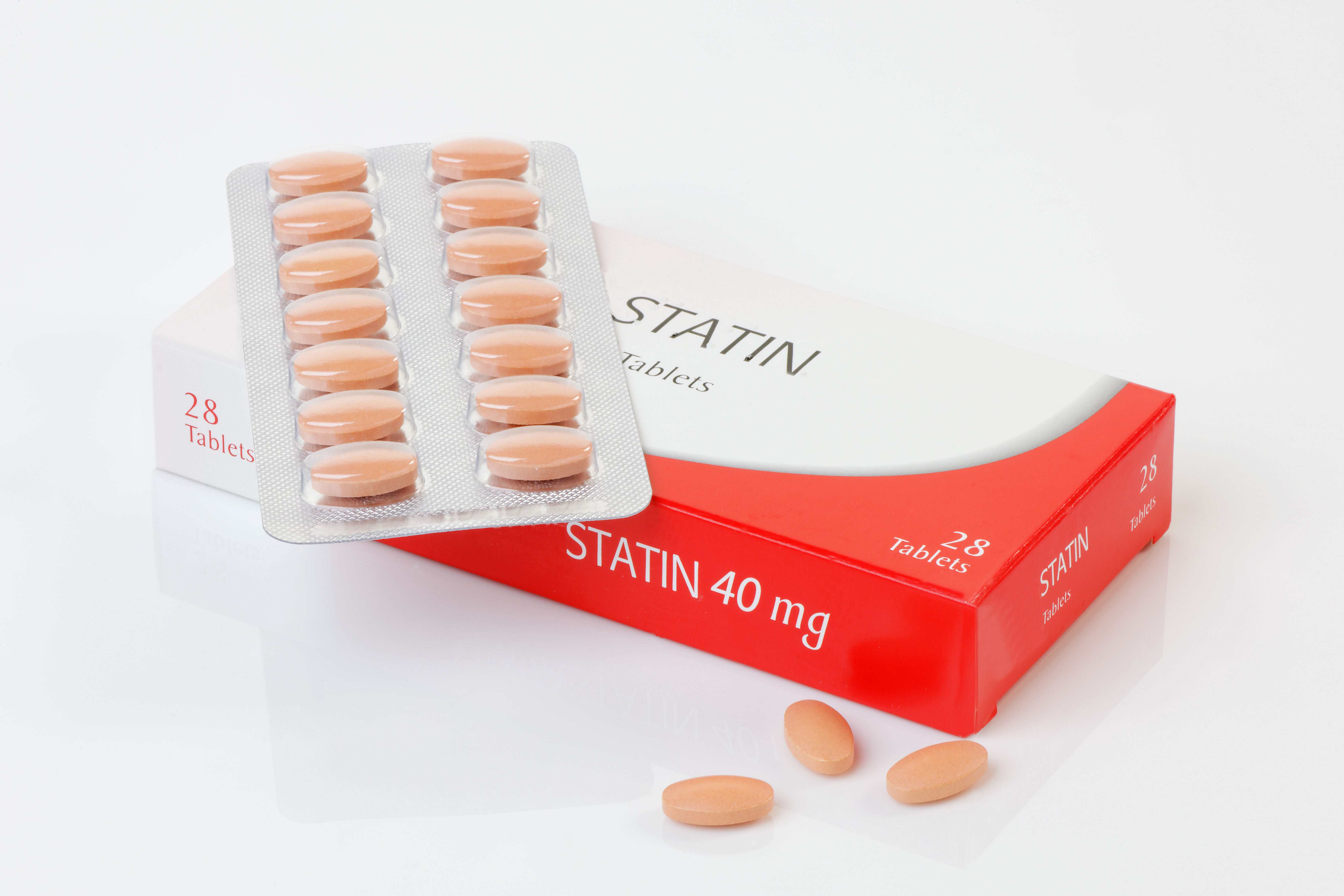
Statins
What are statins? Statins are effective cholesterol lowering agents and are used to prevent cardiovascular disease. They may also have a wider usage, such as improving symptoms of schizophrenia when given in conjunction with antipsychotics. What is the evidence for adjunctive statins? Moderate quality evidence suggests small improvements in positive and negative symptoms in people taking statins compared to placebo. Any adverse effects of statin treatment were not reported. October 2020

Testosterone
What is testosterone? Testosterone is a hormone that has shown to be reduced in people with schizophrenia. It is not used routinely as a therapy for schizophrenia, however some studies have trialed the use of testosterone as an additional, adjunctive treatment to standard antipsychotic treatments. What is the evidence for testosterone supplementation? Low quality evidence is unclear as to the benefit of testosterone as an adjunctive therapy for schizophrenia. Further research is required. October 2020
Green - Topic summary is available.
Orange - Topic summary is being compiled.
Red - Topic summary has no current systematic review available.
